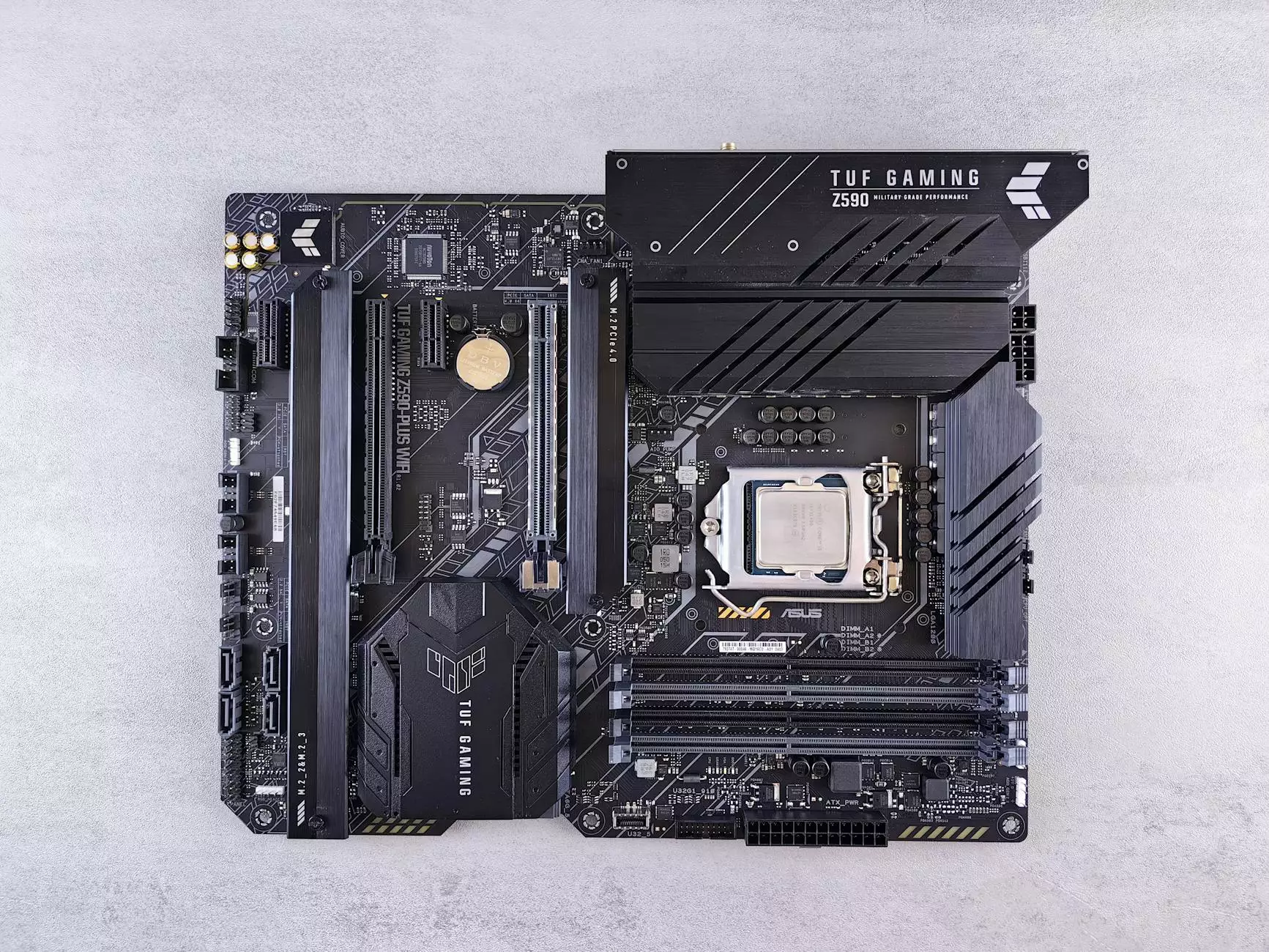Revolutionizing Music Discovery: The Power of Songs Recognition Apps

In today's fast-paced digital world, where music is more accessible than ever, songs recognition apps have emerged as an essential tool for music lovers and industry professionals alike. From identifying a song playing on the radio to enhancing user interaction on streaming platforms, these apps are reshaping how we discover and engage with music. This article dives deep into the world of song recognition technology, its various applications, and how businesses, such as streamify.ch, can leverage this innovation to enhance user experience and drive growth.
Understanding Songs Recognition Technology
At its core, the technology behind songs recognition apps is remarkably sophisticated. It relies on complex algorithms and databases to match audio fingerprints against a vast library of songs. The process generally involves the following steps:
- Audio Sampling: The app captures a small portion of the audio, typically a few seconds long.
- Digital Fingerprinting: It converts the audio snippet into a unique digital fingerprint, using methods such as Fast Fourier Transform (FFT).
- Database Comparison: The fingerprint is then compared against an extensive database of pre-identified songs.
- Identification: If a match is found, the app retrieves and displays information about the song, including the artist, album, and genre.
The Benefits of Using Songs Recognition Apps
As music consumption continues to evolve, so does the need for efficient and effective tools to identify and manage music. Here are some significant benefits of using songs recognition apps:
- Instant Song Identification: Users can identify songs in seconds, transforming the passive listening experience into an interactive one.
- Enhanced Music Discovery: These apps often recommend similar songs and artists, helping users discover new music tailored to their tastes.
- Integrations with Other Platforms: Many recognition apps seamlessly integrate with popular music streaming services, providing a cohesive user experience.
- Data Collection and Analytics: For businesses, song recognition apps can collect valuable data on user preferences, helping tailor marketing strategies.
How Businesses Can Leverage Songs Recognition Apps
For businesses in the Music & Video and Software Development sectors like streamify.ch, implementing and utilizing songs recognition apps can lead to numerous advantages:
1. Enhancing User Engagement
By integrating songs recognition capabilities into their platforms, businesses can create an engaging experience that encourages users to interact with the app actively. For example, users can identify songs from their surroundings, share discovery on social media, or create playlists based on identified songs.
2. Tailored Content Recommendations
With access to user identification history, companies can personalize the music-listening experience by recommending songs and playlists based on individual user preferences. This targeted approach not only retains existing users but also attracts new ones through word-of-mouth and social sharing.
3. Innovative Marketing Strategies
Music recognition apps can serve as potent marketing tools. Companies can collaborate with artists to promote new releases through recognition features or use data analytics provided by these apps to refine their audience targeting and enhance promotional campaigns.
Challenges in the Songs Recognition Industry
While the potential of songs recognition apps is enormous, there are challenges that businesses must navigate:
- Copyright and Licensing Issues: The use of copyrighted music for recognition without proper licensing can lead to legal complications. Businesses need to ensure compliance with copyright laws.
- Data Privacy and User Trust: Handling users' personal data responsibly is crucial. Companies must be transparent about how they collect and use data, ensuring users' trust in their app.
- Technological Limitations: The accuracy of song recognition can be influenced by background noise or the quality of audio captured, leading to occasional mismatches.
The Future of Songs Recognition Apps
As technology progresses, the future of songs recognition apps looks vast and promising. Here are some anticipated trends:
1. Improved Accuracy and Speed
With advancements in artificial intelligence and machine learning, apps will become more accurate and quick in identifying songs, even in challenging audio environments.
2. Integration with Smart Devices
As smart speakers and home assistants gain popularity, we can expect songs recognition technology to become more embedded in everyday devices, allowing seamless music discovery at home.
3. Augmented Reality (AR) Experiences
Future apps may use AR to create immersive experiences where users can interact with the music and discover facts about the artists and songs in real time.
Conclusion
In conclusion, songs recognition apps are more than just convenient tools for identifying music; they represent a shift in how we discover and interact with songs in the digital age. As businesses in the Music & Video and Software Development sectors tap into this technology, they can unlock innovative opportunities for growth, user engagement, and personalized experiences. For streamify.ch and similar platforms, embracing the capabilities of songs recognition apps can set them apart in an increasingly competitive market, leading to significant long-term benefits.
Call to Action
If you're ready to elevate your listening experience and discover the fullest potential of music with advanced technology, consider exploring the innovative features of songs recognition apps available today. Embrace the future of music discovery and integration—get started with streamify.ch now!









